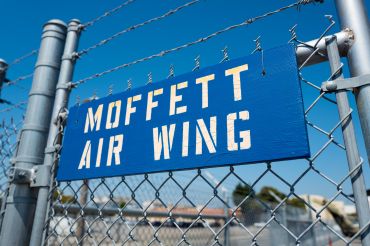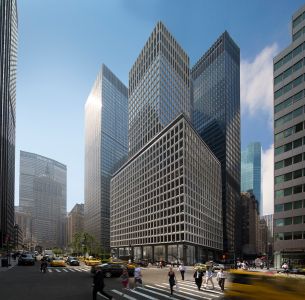Sugar on Top: Christopher Milito on the Fight Over The Domino Sugar Factory
By Daniel Geiger September 18, 2012 7:45 am
reprintsThis has been in litigation for months now. Remind me, what were the previous cases?
Their initial deal was to do a transaction with the lender, Pacific, which had a total value of $149 million, which is much lower than the Two Trees deal. That’s why we originally went to court—that’s a drastic undervaluation. And we were right: Two Trees said, “We’ll give $160 million.”
Didn’t you lose in the fight for that injunction?
We didn’t get the preliminary injunction. But the case wasn’t lost; we think we won, because we held it up long enough to bring in Chetrit, at $180 million, which pushed the price up. We lost the battle but won the war. That’s why I say there’s a business end to litigation. We were litigating on the one hand and on the other we were trying to set up a business transaction. At first it was $149 million, and we stalled and said that’s too low, and then they wanted to sell it for $160, and we got Chetrit, and then they offered 180 million. We would like to think we pushed this up; if we didn’t do anything, they would have sold it for $149 million in March.
If the courts didn’t stop it then, why would they now with Two Trees?
We have a different fact pattern. The major difference is that what CPC was telling the court back in March is that they had to do this deal because we were in default and there’s no other deal that will allow us to pay this off, and the court found that compelling and credible. As it turns out, there were other offers, there were people willing to pay more. Once that got pushed into CPC’s mind, they acted somewhat reasonably—$160 is better than $149 and $180 is better than $160, but you know they weren’t the ones going out there getting that. One thing that gets lost in this is that in April or May, Katan was talking to Two Trees, pitching them. It wasn’t like CPCR went out and found Two Trees and did preliminary negotiations. But because we don’t control the refinery, as the managing partner CPCR had to conduct the formal negotiations.
Has Two Trees talked to you about upping its offer yet again and settling this whole thing?
No. I have to presume they aren’t interested in that. It’s still a good deal for them. Chetrit thre another five million on the table over their offer. There was a $210 million offer.
How did you come to join Morrison Cohen LLP?
I had done a trial against David Scharf, and at the end of the trial, he offered me a job. He knew this [Domino] would be litigated pretty heavily, and he knew he wanted someone who was comfortable in court and doing a trial.
What David’s first name? He uses a Y initial first.
It’s Yehuda. He goes professionally by David, though.
Do you call him Yehuda?
I call him David. But he also answers to Yehuda.
What happened in the case you fought against him initially?
I was repping an Italian group and he was repping Extell. They were partners in a deal and there was an arbitration. It wound up in a fight, it went south.
When David made you the offer to join a big firm like Morrison Cohen, was that an easy decision?
I watch him on trial, and some pride themselves on being trial lawyers and I’m one of them, and he’s cut from the same cloth. And I realized I could learn a lot from a guy like that. David has a theory I have adopted. When a client comes with a problem, a lot of lawyers will say, “We’ll see what we can do.” David says, “Let’s find a path, find a way to succeed in the litigation or on the business side.” You have to do that early on in the case. It’s not about winning a litigation, it’s solving the client’s problem. It’s an important way to think.
You used to work for the Manhattan District Attorney’s office?
That was actually my first job out of law school. It was the best legal job in the world, working under Morgenthau. They pay you nothing. I was hired at $33,000 a year—you have to defer your loans from school. I got put in the special narcotics bureau, which handles mostly drug crimes, they’re all felonies. It was really a good experience. The best thing was, if you didn’t think that a person was guilty, there is no pressure to prosecute. They really believe that if 10 guilty men go free, it’s better than one innocent man going to jail. You got the sense you were doing the right thing.
Dgeiger@observer.com


